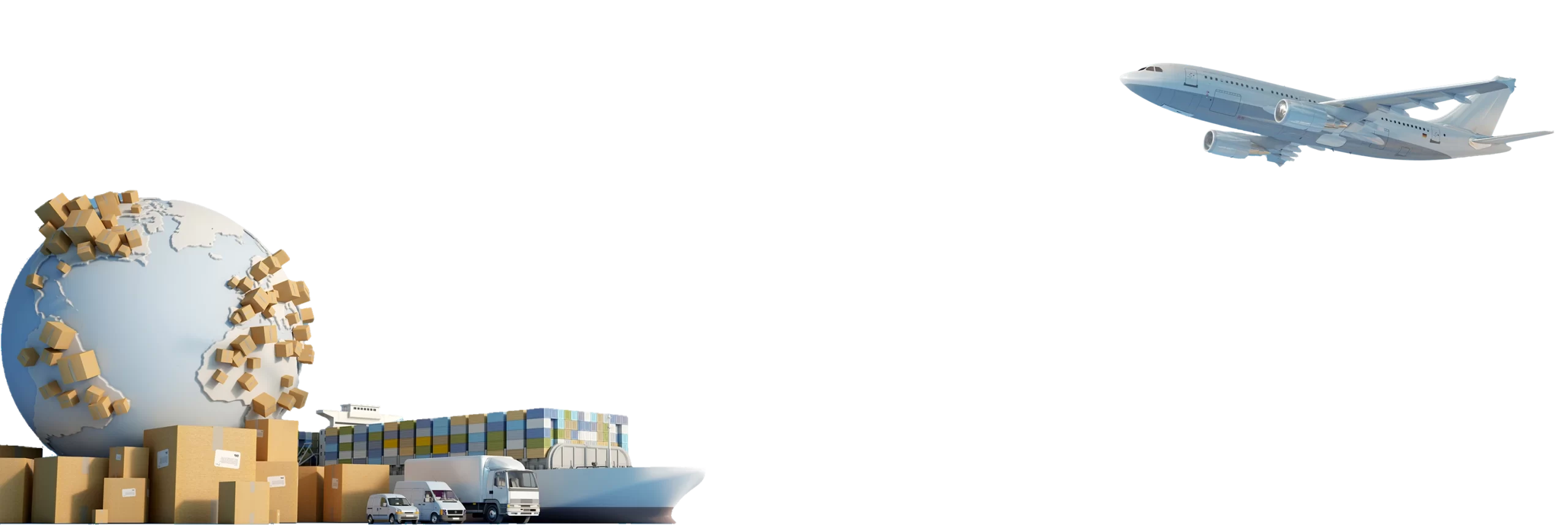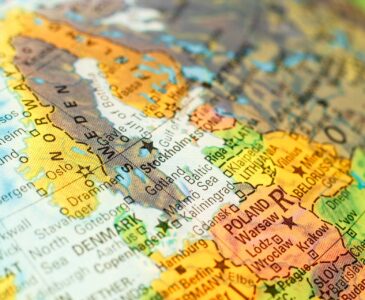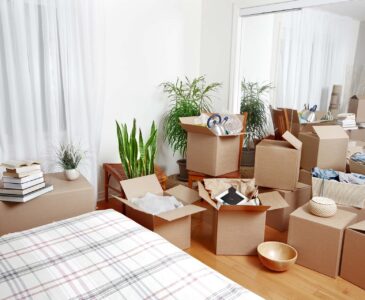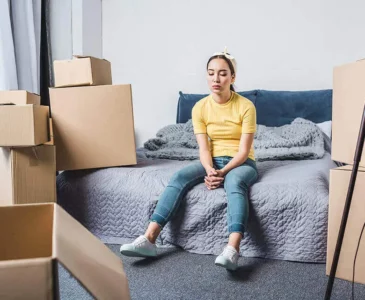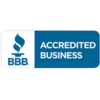Dubbed “Big Mango” and “The City of Angels,” Thailand’s capital is well-known for its vibrant street life, ornate shrines, and exquisite cuisine. If you happen to be moving to Bangkok from the US, there’s plenty of things you should know before your trip.
To find out why the City of Angels is so appealing to people from all over the world and why they choose to stay here for good, keep reading our guide and undertake preliminary measures before moving across the world.
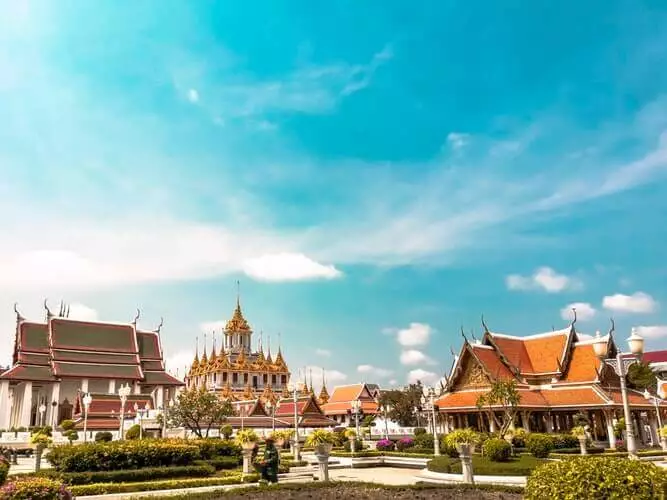
Things to Know Before Moving to Bangkok – a Quick Guide
Many expats who settled down in Thailand’s capital will tell you that this city is a place of stark and clearly visible contradictions. Urban attractiveness and poverty; Thai hospitality and political tensions; cultural heritage and expanding economy – they clash all the time in one of the largest and most densely populated places on Earth.
The Thai capital is the economic and social hub of a country that has gone through rapid industrialization over the past years and decades, attracting scores of migrants from impoverished areas along the way. Bangkok is considered the most populated city in the world, mainly thanks to rural migrants who work and live here as unregistered residents.
As a result of overpopulation, the city is facing its own set of problems, such as overcrowded streets that are crammed with garbage. Additional trouble includes commuting, frequent traffic jams, and pollution. So, if you have respiratory diseases or can’t bear spending too much time in public transportation, be careful when choosing a place to live in the Big Mango.
Street Issues – Pollution, Trash, and Traffic
The main reasons for the high levels of air pollution have origins in rapid industrial growth, as well as vehicles and factories. The metropolitan area is home to about 20% of the country’s nearly 70 million residents and over half of the region’s factories.
When it comes to traffic issues, the worst periods are in the morning and afternoon. However, outside of these hours, the central parts of the city are still crowded. But, if you choose to avoid them and live outside the city, it could be even a much worse solution. The lack of infrastructure in the outskirts and distant areas can be frustrating, especially if you’re a newcomer and are not familiar with the city’s daily routine.
Because of plastic bags and their overuse, Bangkok is the sixth-worst maritime polluter. The country produces more than 5,000 metric tons of plastic garbage daily, and three-quarters of it end up in landfills. However, there’s a light at the end of the tunnel. The Thai government decided to take drastic measures, promising to eliminate, ban, and recycle all plastic materials by 2027.
Medical Care
Moving abroad without knowing even the basic facts about the healthcare system of your prospective country is not such a good idea. To ensure you and your family have a safe and pleasant experience in the future, you should have a good understanding of which healthcare options are available to you.
Luckily, Thailand’s capital offers a range of healthcare facilities, both public and private. You should know that some public clinics and hospitals will accept international health insurance, but the best way is to check beforehand. Of course, public services cost less than private ones, but their quality has been improved lately – so you can expect high-quality hospital assistance here, too.
If you still prefer private options, then consider Bumrungrad International Private Hospital, Bangkok Hospital, and Bangkok Nursing Home Hospital – these are all private institutions with highly skilled staff, modern equipment, and international accreditations.
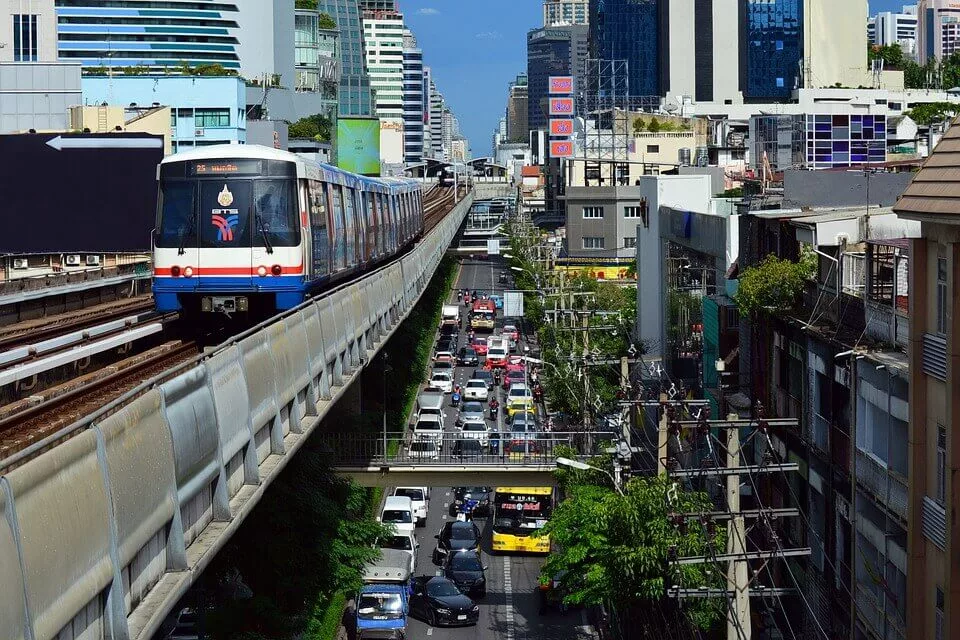
Earning and Spending as an Expat in Thailand
After some general guidelines, there are practical questions you should get answers to before your international relocation. As an expat, you are probably interested in the Big Mango’s specific architecture and culture, including the Grand Palace and its sacred Wat Phra Kaew Temple. But, to enjoy all these wonders, you should define your employment status, as well as secure a stable salary or some kind of monthly income.
So, let’s take a look at employment matters and what you can expect when finding a proper job.
How to Find a Job in Bangkok?
There are different opinions and experiences about when you should start looking for a job – before or after moving to Thailand. One thing is sure – if the salary is high, and you can apply before the trip. If you’re applying from your homeland, be prepared for an interview via Skype. If you meet the company’s needs, you may expect a call to come and start your new job. In a situation like this, relocation costs are usually the employer’s obligation.
So, what are, actually, the requirements for foreigners to get a proper job? Here’s a list:
- Credentials
- Language skills – It’s always easier to get a job if you can communicate in Thai at a business level, but it’s not mandatory
- Cultural adaptability
- Geographical flexibility
- Nationality – If you come from the West, you can get a job in marketing, education, or hospitality
- Work experience in Thailand – If you don’t have any, you should bring the skills and mindset the company in question needs
- Health certificate
- Work visa and permit – You shouldn’t work in the City of Angels unless you obtain the right visa and work permit.
Costs of Living
When it comes to the cost of living, Thailand and Bangkok could be described as meccas for expats because they offer a comfortable and low-cost life. Keep in mind that housing costs vary depending on the part of the city and rents rank among the highest in Thailand. Let’s take a look at the estimated monthly cost, according to Numbeo.com, an international price comparison website:
- Four-person family: $2,300
- A single-person: $650
- Transportation: $40
- Gasoline (a quarter of a gallon): $0.95
- Utilities: $95
- Internet: $22
- Rent per month, one-bedroom (center): $617
- Rent per month, three-bedrooms (center): $1,970
- Rent per month, one-bedroom (outside of center): $320
- Rent per month, three-bedrooms (outside of center): $840
Shopping and Dining Spots – Meet Saigon Recipe
There are a plethora of spots where an expat can purchase anything at affordable prices. In case you’re not familiar with the rules of buying, don’t worry. There’s only one important rule if you want to get the bust buys – bargain hard.
So, if you need advice about the best budget shopping places, we’ve put together a list of the most popular spots you shouldn’t miss:
- Platinum Fashion Mall
- Chatuchak Weekend Market
- Talad Rot Fai Srinakarin Night Market
- Pan Tip Plaza
- Pratunam Market
- MBK Center
And after a day of fruitful shopping, what could be better than tasty bites?
We recommend, as well as the locals, Vietnamese dishes. Yes, you can enjoy authentic Vietnamese food right here in the Big Mango and please your palate with rice noodle soup, fresh spring rolls, or fried banana spring roll. In Saigon Recipe, you’ll discover an entirely new world of Vietnamese cuisine, culture, and laid-back music that resembles old Saigon, now known as Ho Chi Minh.

School System
Moving with your child across borders might be demanding, especially if you’re going across the world for good. A new environment, strange people, an unfamiliar culture, and a strange language and alphabet are barriers that require time to be overcome.
That’s why one of the most challenging tasks in your new country is definitely to find the right educational institutions. Luckily, you can opt for an international school or a Thai school. Whatever you choose, you should know that local schools are a cheaper option, but that shouldn’t be the crucial factor when it comes to your child’s schooling. Consider all factors, possibilities, advantages, and drawbacks and then make the final decision.
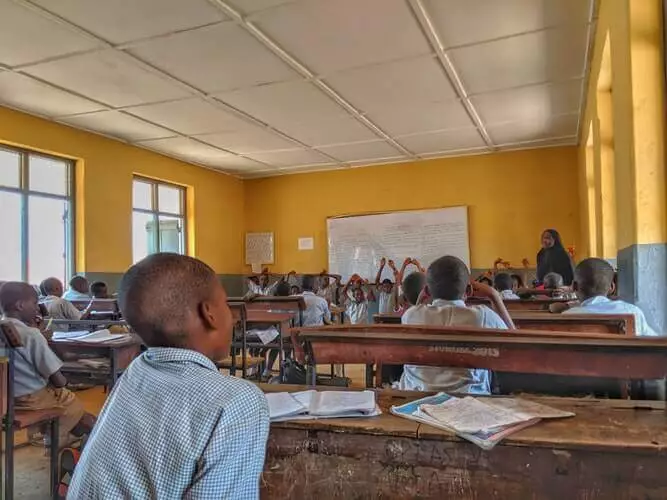
Overcome the Language Barrier and Learn Some Thai
It doesn’t matter how complicated or different Thai is from your native language. There are several methods to overcome the language barrier you can adopt before relocation and after settling down in Thailand. Undoubtedly, if you want to gain some elementary knowledge of the language due to a new work position, start with your lessons several months beforehand.
Here are several suggestions on how learning a language abroad can be simple and easy:
- Learn from day-to-day situations
- Making friendships and dating might improve your skills, too
- Choose language textbooks with useful phrases and words
- Learn at your working environment
- Find your language partner on the Bangkok Craigslist website, where you can hone your conversational skills

Where to Live in Bangkok – Choose the District You Like the Most
Finding a place to live in a capital with a population of over 8 million people can be a terrifying task. This decision, however, is often highly personal, and it’s based on your own preferences and specific circumstances. One is certain – there is no “one size fits all” option, but you can opt for the district that will provide you with the best living conditions and a home you’ve always wanted.
Some of the most popular areas among expats are the following:
- Sukhumvit
- Silom/Sathorn
- Ploenchit/Lumpini
- Rama 9 – Ratchada
Should You Purchase or Rent Accommodation?
If you’re wondering whether you should buy the property or rent an apartment, both options are feasible, but renting is much more common.
Foreigners can actually buy property, but with certain restrictions:
- If you’re buying land – Expats can lease land for 30 years, or set up a company in Thailand with a Thai national. In that case, companies can buy land and the foreigner will hold less than 49% of shares.
- If you’re buying a condo or house – As long as you can enter Thailand legally, you can purchase and own a freehold condo. However, there are possible restrictions, and one of them is related to the condo units owned by a foreigner – they can’t exceed 49% of the total space of the development.
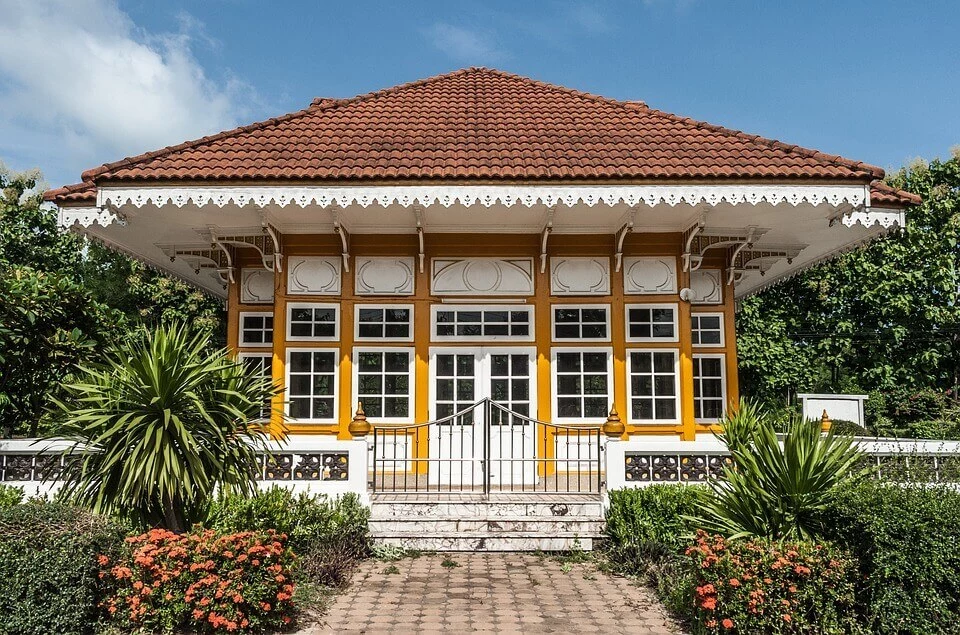
Changing Your Living Routine and Adjusting to Bangkok and Thai Culture
You might find some Thai social norms or habits unusual and quirky, especially for an American, but if your goal is to accept their lifestyle and mindset, you should understand these differences and make things less overwhelming after moving to Bangkok.
So, here are several handy tips to help you adjust to the Big Mango’s culture, people, environment, and food before you hire international moving services and figure out how to keep in touch with friends and family after relocating abroad:
- Understand the Wai – the typical Thai greeting
- For Thais, public displays of affection are offensive
- Don’t touch another person’s head – it’s considered the most spiritual part of the body
- Be careful with your feet and how you point them
- Patience is desirable
- Thai people believe in ghosts
- Don’t ever speak negatively about Buddhism or the Royal Family, and don’t discuss the current political situation at all
- Thais like to ask about a person’s privacy
- People in Thailand use their nicknames
- You’ll see there is a dual pricing system – one for locals and another for foreigners

